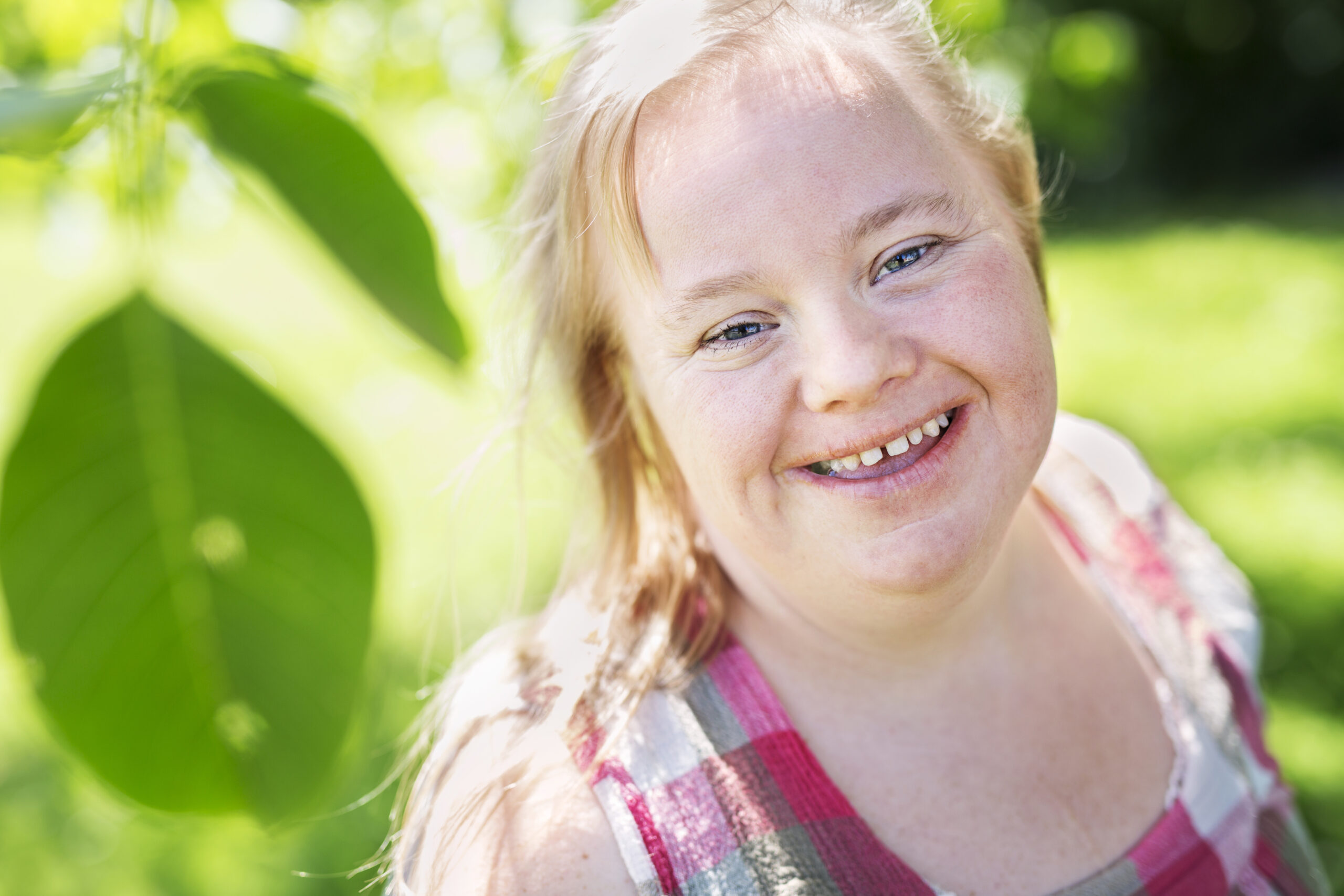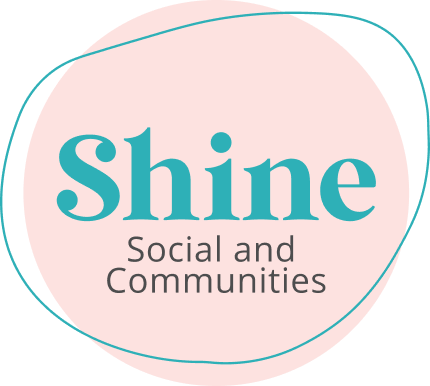When it comes to growth and empowerment, few things are as effective as having goals! Whether it’s striving for personal growth, enhancing independence, or overcoming challenges, setting clear and achievable NDIS goals not only provides direction but also serves as a roadmap for success.
In this post, we explore what goals are, why they’re important, and how the NDIS can help you. From insights into effective goal-setting to discovering strategies for turning aspirations into reality, we’ll empower you to unlock your full potential and seize the opportunities that lie ahead!

What Are Goals?
Put simply, goals are things we want to achieve. Unlike daily routines and activities such as eating or taking medication, goals are more meaningful aspirations that guide us towards growth and fulfilment.
For example:
You might want to learn a new skill, get a job, or engage in more social and recreational activities. Goals can be as big as getting to your job on the bus or as small as brushing your hair by yourself.
The Importance Of Setting Goals
Setting goals isn’t just about wishful thinking; it is a strategic approach that can help you reach your full potential. Here is why it is important for you to set goals:
- Maintaining Focus and Momentum: Setting goals helps you concentrate on the next logical step. It can help prevent distractions and keep you motivated to move towards your desired goals.
- Measuring Progress: With clearly defined endpoints, goals allow you to track your growth and celebrate achievements, boosting your confidence and reinforcing your commitment.
- Feeling Satisfaction: Achieving your goals is satisfying. Whether it’s mastering a new skill, reaching a milestone, or overcoming a challenge, each accomplishment shows your determination.
- Preventing Frustration and Stress: Unfulfilled desires can lead to frustration and stress. By setting goals, you have something to work towards, providing a sense of purpose and direction that can prevent feelings of uncertainty and anxiety.
Read More: Bridging The Gap To Equal Opportunity: What Is Supported Employment Services?

Types Of Goals
Goals are not a one-size-fits-all process. It involves a range of approaches that are tailored to your individual needs and aspirations. By understanding the types of goals there are, you can embark on yourgoal-setting journey with clarity, purpose, and confidence.
Short-Term Goals:
These are objectives that you can achieve within a relatively brief timeframe, typically spanning a few weeks or months. Short-term goals are instrumental in helping you make progress and build momentum, providing tangible milestones to strive for along your journey.
For example: Mastering a new skill, completing a training programme, or establishing a daily routine for self-care.
Medium to Long-Term Goals
Unlike short-term goals, medium- to long-term goals require more time and effort to accomplish. It’s always essential to identify the steps needed to pursue these goals effectively, often by breaking larger objectives into smaller, more manageable short-term goals. This approach makes long-term aspirations feel more achievable and allows for steady progress over time.
For example: Pursuing higher education, securing employment, or improving a complex skill
SMART Goals
This is a widely recognised approach to goal-setting. SMART is particularly beneficial for NDIS participants, as it allows for clear, measurable, and meaningful goal-setting tailored to individual needs and circumstances.
- Specific: Clearly define what you want to accomplish, ensuring your goal is well-defined and unambiguous.
- Measurable: Establish criteria for evaluating progress and determining when the goal has been achieved.
- Achievable: Set goals that are realistic and attainable, considering your capabilities and resources.
- Relevant: Ensure that your goals are relevant to your needs and aspirations, aligning with your overall objectives.
- Time-bound: Set deadlines for achieving your goal.
For example: If you want to make more friends and improve your social skills.
- Specific: You want to improve your ability to initiate and maintain conversations with others in social settings.
- Measurable: You will participate in at least two social events per month, actively engaging in conversations with at least three different people at each event.
- Achievable: You will start by attending smaller gatherings with friends or family members, and gradually working up to larger social events with acquaintances or new acquaintances.
- Relevant: Improving your social skills is important to your overall well-being and quality of life, enabling you to form meaningful connections and foster social support networks.
- Time-bound: The individual will track their progress over the next three months, with the goal of feeling more comfortable and confident in social situations by the end of this time period.

Top Tips For Setting Goals
Setting goals isn’t just about thinking about what you want to achieve. It’s about creating a strategic plan to turn dreams into reality. Here are some valuable tips to help you navigate the goal-setting process:
Think About It First
Before diving headfirst into goal-setting, take some time to reflect on your desires, priorities, and aspirations. Consider what matters most to you and what you hope to achieve in the short and long term.
For example: If you’re aiming to improve your independent living skills, think about specific areas where you would like to see progress, such as cooking, cleaning, or managing finances.
Create Categories
We don’t just have one goal we want to achieve at a time. There are often a number of different things we want to work towards. This can be overwhelming, which is why it is important to separate your goals into different categories.
This will help with maintaining clarity and focus, ensuring that each goal receives the attention and effort it deserves. By categorising your goals, you can prioritise your objectives, allocate resources effectively, and track progress more efficiently.
Stay Flexible & Adjust As You Go
We are always changing and growing. What might have been a goal a year ago might not be a priority now. That’s why, as you track your goals, it is important to adjust and adapt them to ensure they reflect your current circumstances and aspirations. Remember, the journey towards achieving your goals is not set in stone, and by staying flexible, you empower yourself to navigate obstacles and seize new opportunities along the way!
Break Large Goals Into Smaller Achievable Ones
Break down larger, more complex goals into smaller, more manageable tasks or milestones. This approach makes goals feel more attainable and allows for incremental progress over time. As each milestone is achieved, it serves as a stepping stone towards the larger goal, providing a sense of accomplishment and motivation to continue moving forward.
Celebrate The Wins (Even The Little Ones)
Be sure to celebrate your accomplishments! No matter how small they are, taking the time to acknowledge and celebrate your wins is essential for maintaining motivation. Whether it’s completing a small task, reaching a minor milestone, or making progress towards a larger goal, every achievement deserves recognition. By celebrating even the little victories, you reinforce positive behaviour, build confidence, and create momentum for continued success!
Don’t Be Afraid To Ask For Help
While working towards your goals is a personal journey, that doesn’t mean you have to do it alone! Don’t hesitate to reach out and seek support from your network of family, friends, mentors, and professionals. Asking for help is not a sign of weakness, but rather a demonstration of strength and self-awareness. By seeking assistance when needed, you can gain valuable insights, resources, and encouragement to overcome obstacles and stay on track towards achieving your goals.
Think About What You’ll Do To Achieve Them
Develop a clear plan of action outlining the steps you’ll take to achieve your goals. Identify potential barriers or challenges and brainstorm strategies to overcome them effectively.
For example: If your goal is to improve your time management skills, outline specific strategies such as creating daily schedules, setting priorities, and minimising distractions to help you stay focused and productive.

How NDIS Supports Will Help You Pursue Your Goals
The National Disability Insurance Scheme (NDIS) and NDIS support providers are committed to providing participants with the tools and support they need to overcome barriers and live their lives to the fullest.
One of the key ways in which the NDIS supports participants in pursuing their goals is by incorporating them into the planning process. During your planning conversation with NDIS representatives, you’ll have the opportunity to articulate your goals and what you’d like to achieve.
While NDIS funding is not directly linked to your goals, it is designed to help you overcome obstacles and provide you with the supports you need. These supports may range from assistance with daily tasks to specialised services aimed at increasing your independence. By aligning your funded supports with your goals, the NDIS empowers you to take meaningful steps towards realising your dreams.
When approving your plan, the NDIS considers whether your funded supports enable you to pursue your goals and aspirations effectively. This ensures that your plan is not only comprehensive but also aligned with your vision for the future, maximising your potential for growth and development.
Read More: Understanding Support Coordination In The NDIS
Are You Ready To Take On Your NDIS Goals?
It is clear that there is immense benefit to setting goals. By mapping out a clear path forward, you empower yourself to take deliberate action, overcome obstacles, and ultimately, transform your dreams into reality.
At Shine Social And Communities, we understand the importance of setting NDIS goals and the transformative impact it can have on individuals’ lives. As a leading NDIS support provider, we are committed to empowering individuals to reach their full potential, regardless of their circumstances. Through a range of tailored services and personalised support, we are ready to partner with you on your journey towards success!
Contact us today to learn more about how we can support you in achieving your goals and unlocking new opportunities for growth and development. Together, let’s embark on a journey of empowerment, resilience, and achievement.




